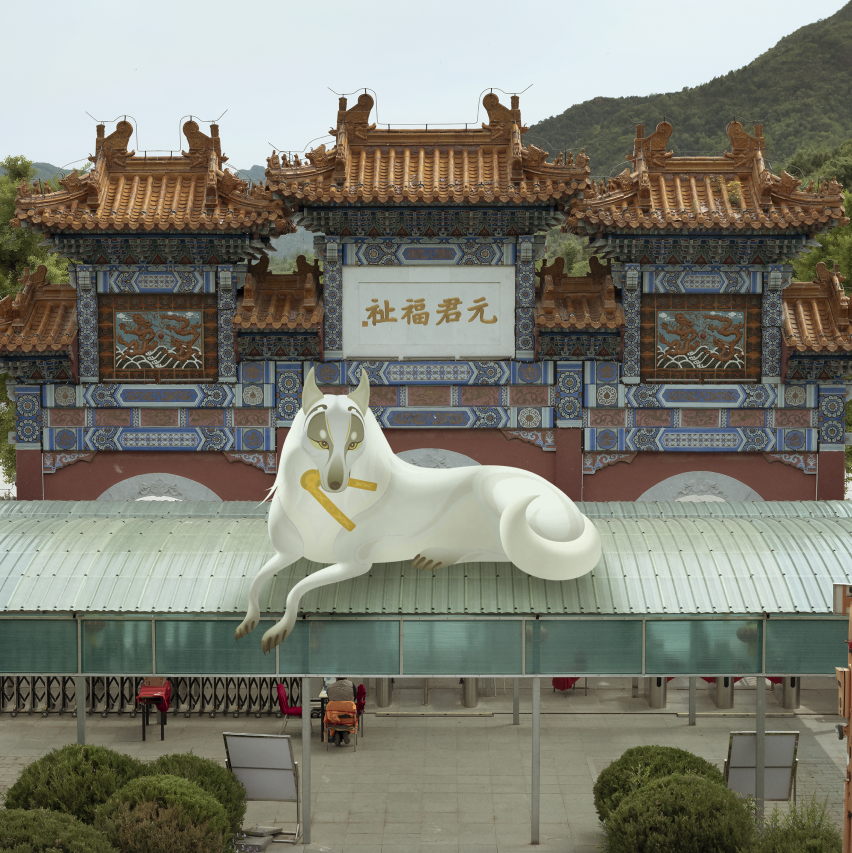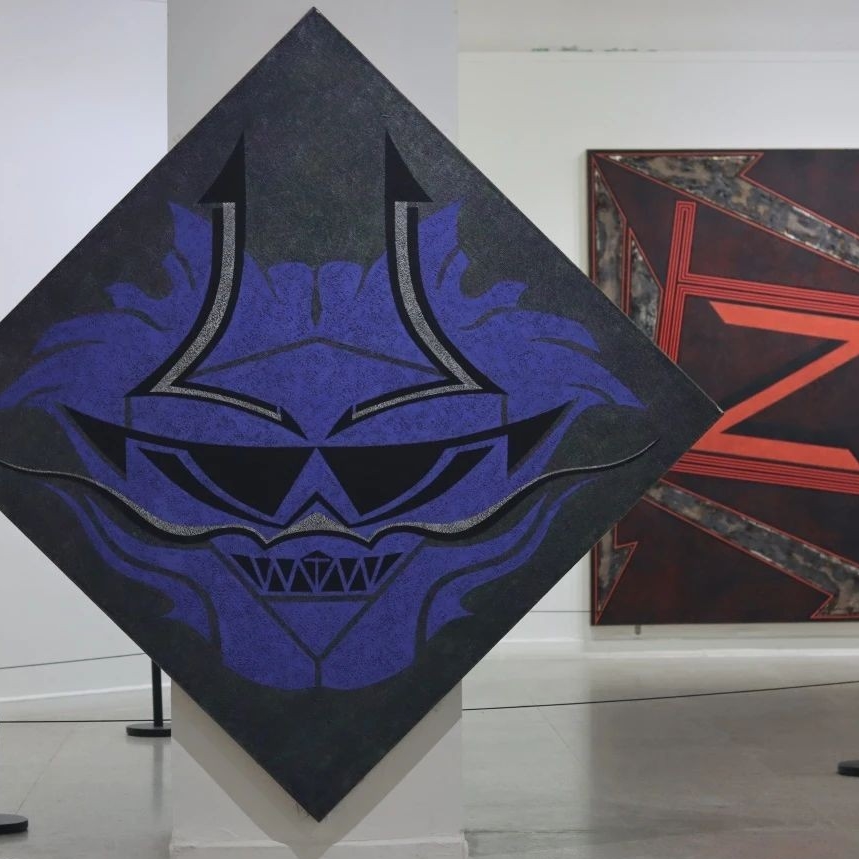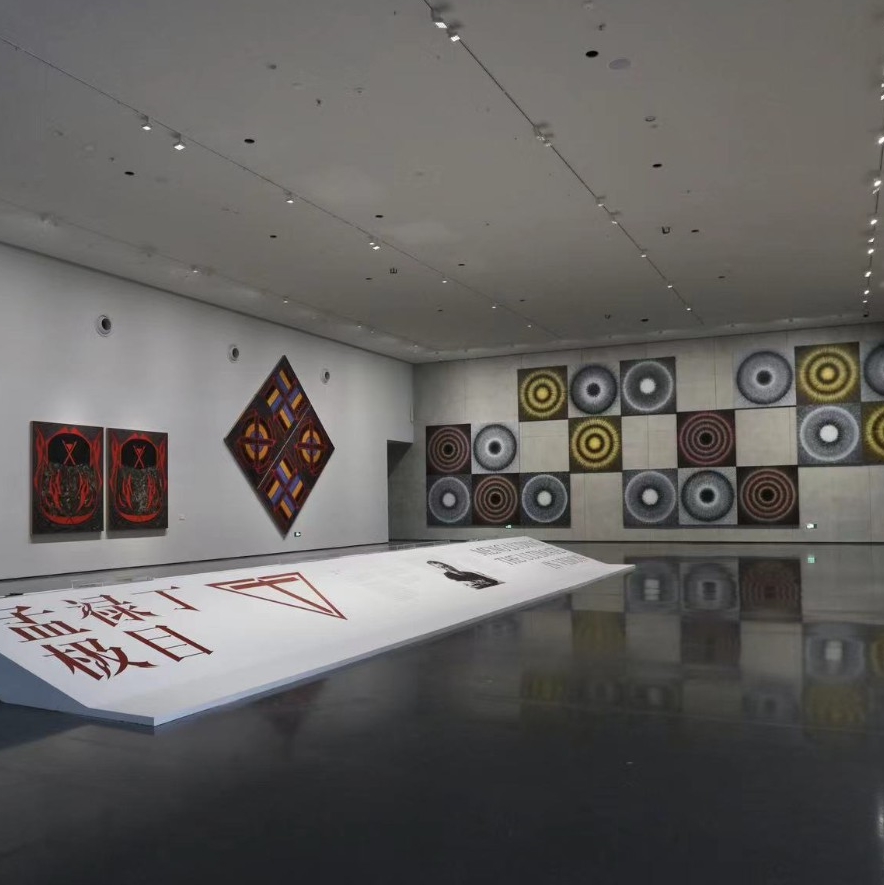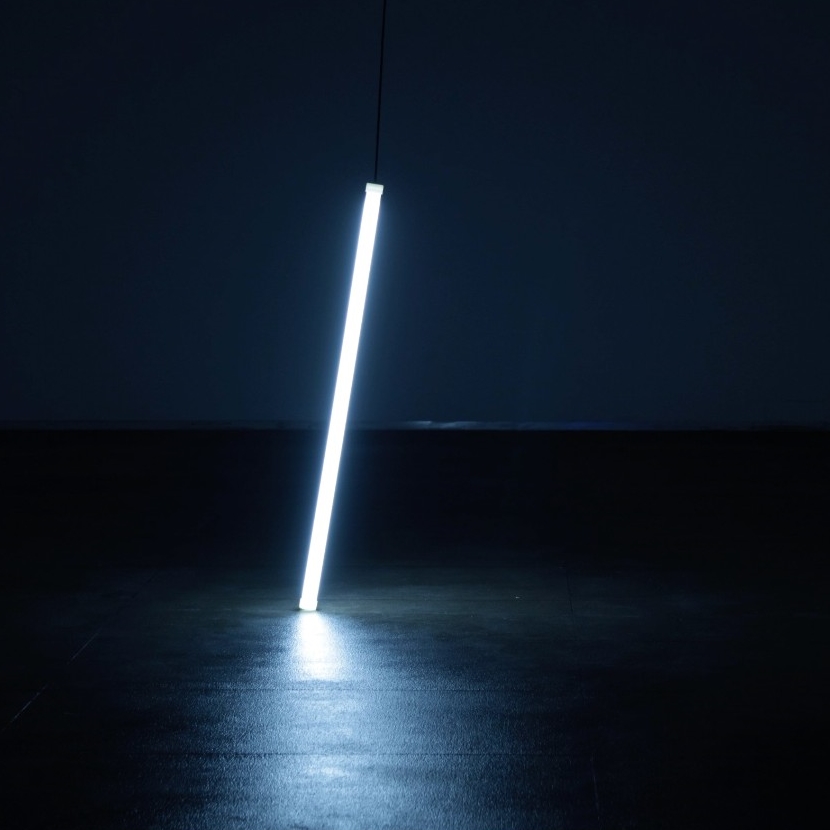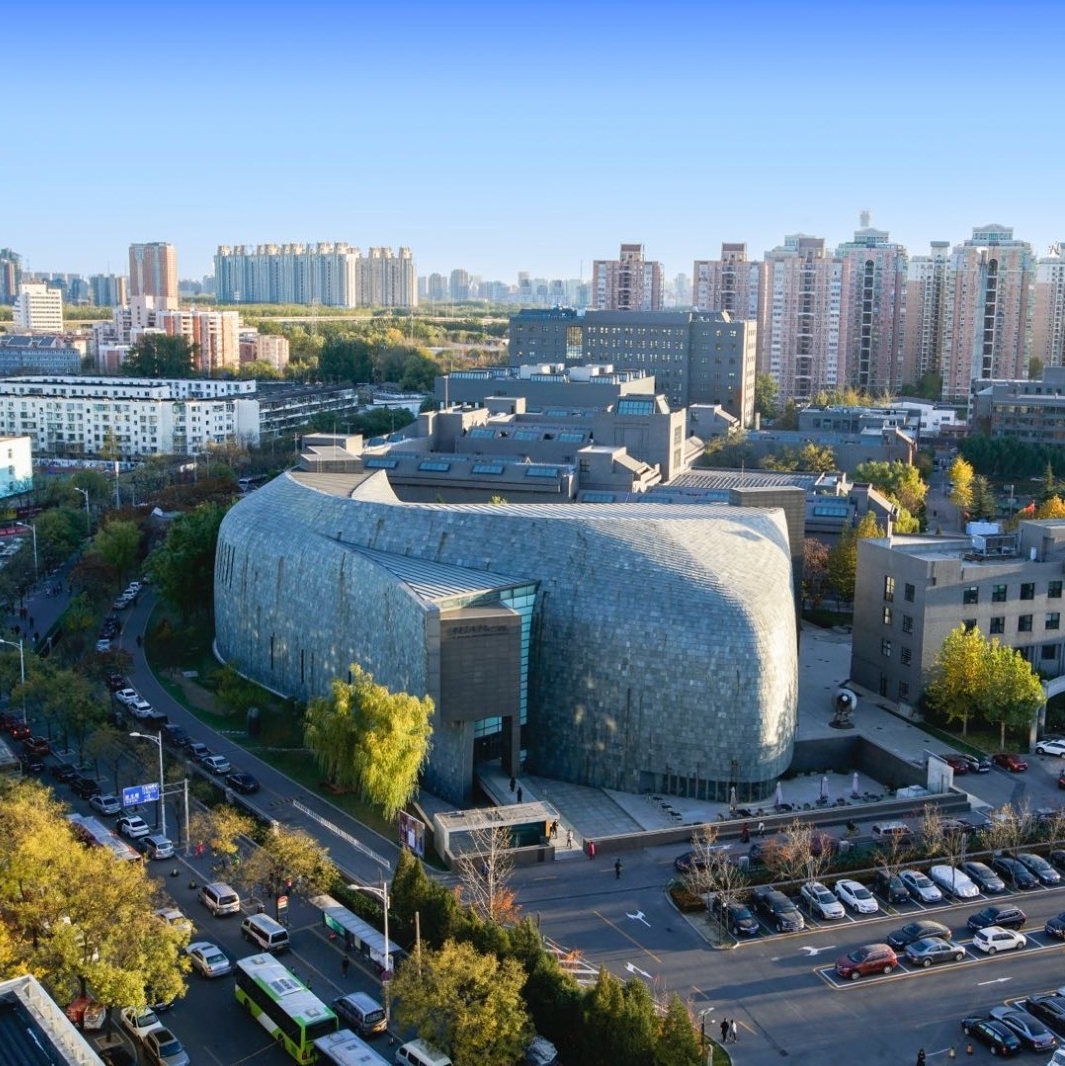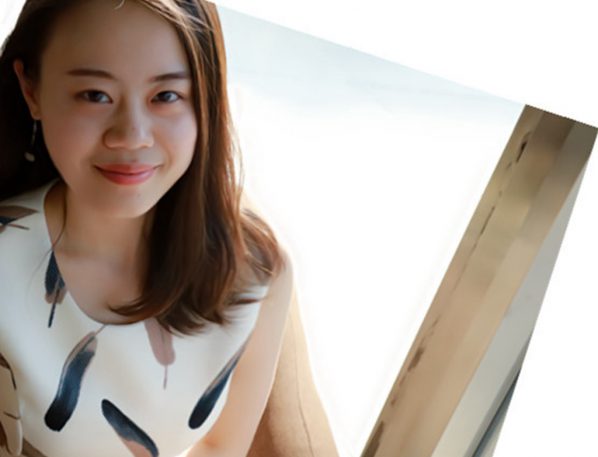
Wang Xuanyi, A graduate of the Institute of Arts Administration and Education at CAFA
On June 12, 2015, the Institute of Arts Administration and Education at CAFA was inaugurated. It is a subsidiary school of CAFA, and its teaching directions include a variety of disciplines covering art theory, management studies, economics and educational science, it is an innovative school that cultivates compound cross-border talent. “The person who practices is strong, while the person who does not practice but blabbers is weak” (the core idea of the Institute of Arts Administration and Education), as the first batch of graduates after the institute was founded, what results will the students that graduate in 2016 present?
“So Far, I Feel Very Lucky.”
“So far, I feel very lucky. Both my growth and study are very smooth, which makes me fearful”, said by Wang Xuanyi. Although Wang liked painting since childhood, it was just a hobby, Wang had never thought she would be so close to art in the future, and she was a typical female student of the liberal arts. It was accidental that she was admitted to be an undergraduate of the School of Humanities, CAFA, while her “Tsinghua dream” was broken, but surprisingly, Wang Xuanyi soon found that she was in love with this unknown place filled with energy, fell in love with the people full of strange thoughts, and with a hot or cold mind and soul on the campus. During the undergraduate programme, she finished some professional courses including the Chinese and foreign history of art courses, art theory, general learning in archeology, general learning in art management studies, Western exhibition history, etc., in addition, she read a lot of books specializing in fine arts, while reading broadly along side the professional ones, especially with an interest in historiography and politics, which was a continuation of the habit of reading history since her childhood. At the same time, she also used Beijing’s cultural resources, exhibitions, dramas, reading parties as much as possible to enrich herself, while she was targeted to attend courses in different fields in Peking University, Tsinghua University and Beijing Film Academy, and she usually watched open class videos of Harvard, Yale and other foreign elite universities on the internet, the unremitting practical efforts of the four-year undergraduate study, together with a solid foundation of cultural courses as formed during childhood, Wang Xuanyi was successfully elected to be a postgraduate student without attending the postgraduate entrance exam when she was a junior student.
When she was a postgraduate student, Wang Xuanyi followed her tutor Prof. Fan Di’an to choose the direction of museology, and she believes that it is significant and necessary to combine theory and practice, her study of art history is replaced by arts management, it is necessary to both deal with the differences and make full use of the advantages. She said that art history was the foundation of the professional learning of arts management, the premise for the study of art management which enabled familiarity with the developmental history of art in order to better grasp the pulse of the moment, based on which, it is capable to effectively carry out the exhibition plans and management. While the keyword “management” also stresses the features of management studies, which she needed to make up. Compared to the traditional management studies, the characteristics and advantages of arts management students lie in the perception and understanding of art.
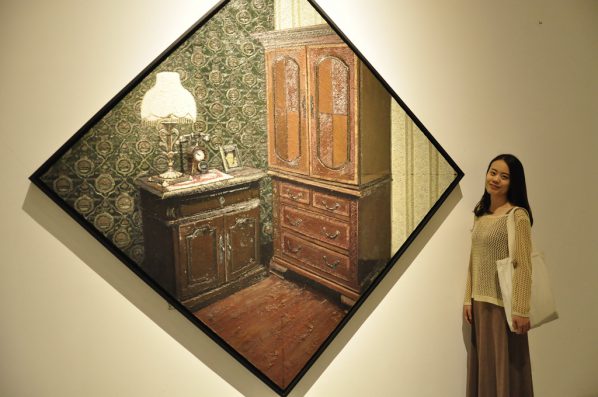
Wang Xuanyi visited an exhibition
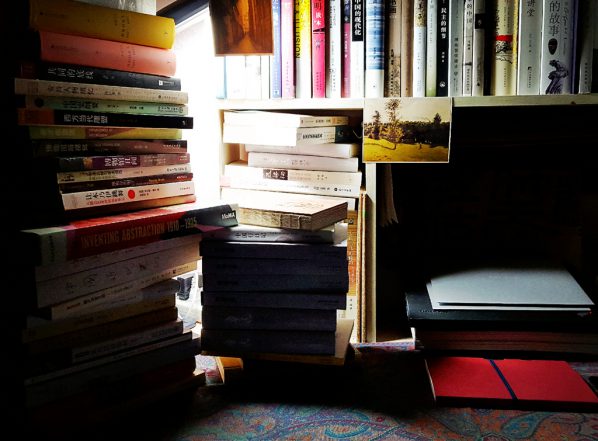
A large number of professional books are piled on Wang Xuanyi’s desk in the dormitory
Fusion and Conversion between Theory Learning and Practice
The curriculum of Arts Management involves art history, management, economics, educational science and many other fields, Wang Xuanyi took the optional courses such as art museology studies, national cultural policy studies, art economics studies, generating art knowledge studies according to her own research direction and interest. Through the study of professional courses, she grasped the discipline of the architecture of art museology studies and the frontier situation to a certain extent, and gradually focused on the theoretical research field of art museology studies, while she also hoped to achieve the exhibition dream in museum practice, to plan an exhibition involved both academic connotations and public participation which must be based on a solid research and a wealth of practical operating experiences. When it came to the establishment of the Institute of Arts Administration and Education, Wang proudly said that, the institute was solidly and steadily advancing in the discipline of construction and their future plan, whether the introduction of the domestic top teacher resources, or the exchange and cooperation with international elite, it has presented the overwhelming attitude, and it will move further in the future.
Institute of Arts Administration and Education has always adhered to the core idea of “The person who practices is strong”. For a long time, Wang Xuanyi actively participated in the planning and implementation of exhibitions and art projects, in a number of key museums and art museums. She practiced at the Department of Curatorial Research of CAFA Art Museum when she was an undergraduate, and practiced in the Department of Educational Development, Museum of Contemporary Art, Taipei, when she was a postgraduate student which deeply benefited her. The education work of the art museums in Taiwan promotes “life aesthetics”, integrating the aesthetic education into life through an easy and lively way. They also attach great importance to the art museums and museums involved in the communities and schools, in order to make full use of the existing resources to expand the influence of art education.” The internship greatly inspired Wang Xuanyi, so she wrote an academic article entitled “Reviews on the Educational Development, Museum of Contemporary Art in Taipei”, to expound it in detail, in order to offer the educational work on the mainland with reference to experiences and the direction of thinking.
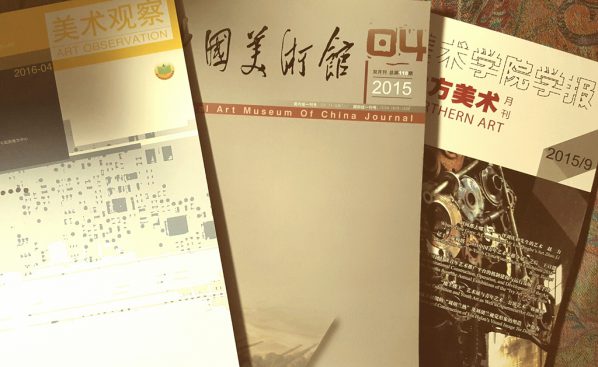
Wang Xuanyi has published articles in academic journals
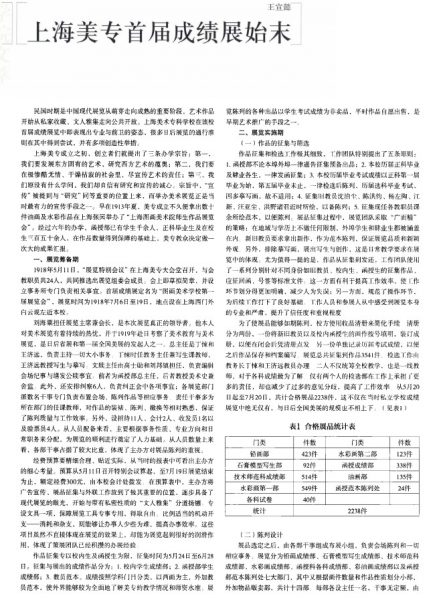
Emphasis on the Political and Social Situation of Museology
Speaking of the origin to choose “A Study of Chinese Modern Museums and the Related Issues of Nationalism (1840-1925)” as the title of her graduation thesis, Wang introduced the fact that she was interested in the reading of historiography and politics since her childhood, when she was engaged in the study of museology, Wang has always refused the narrow scope of the discipline, but emphasized the political and social situation of museology. Perhaps it is due to the feelings of the Republic of China, Wang Xuanyi’s undergraduate and graduate’s theses have both taken the Republic of China as the research period. She said that modern China was summarized as a transition process started from traditional Confucian imperial society to a modern nation-state by many scholars, a variety of ideological trends appeared in succession and quickly disappeared but nationalism was the undercurrent which has always run throughout them. Modern Chinese museums have been gradually built up through this transformation process, and it becomes an important section to understand the special characterization of modern Chinese nationalism. The thesis is to discuss the relationship between the organizational structure of modern museums and nationalism. How brave she is to choose such a profound and even as some would say dangerous topic. Wang said that, “Recognition and support of Prof. Fan Di’an gives me great encouragement, and I am enlightened by his words which greatly expand my thinking.” Because she voluntarily chose this topic, Wang Xuanyi thought she could not give it up no matter how hard it was. After this “battle”, she has recently read more books, including Qin Hui’s “Ten Theories of Tradition”, Yang Nianqun’s “Reengineering Patient” and “Anthology of Hu Shi”. Speaking of the writing of the graduate thesis, Wang said that, “I have always insisted on a consistent axis and idea, but I would like to try another writing of museum history rather than taking care of a well-rounded system. The more recent, the more historical materials there are, but it is difficult to drain the pond to get all the fish, while my personal energy, insight and experience is limited, and reading is inevitably partial and of some disadvantage. However, I have always insisted that no matter what research field we are engaged in, the first thing is to understand the past and present of this world, developing their own courage and strength of independent judgment and thinking, which is the only way that we can do something for the world.”
It is undoubted that her tutor Fan Di’an profoundly influences her in the process of the growth and study, and she was touched and grateful when talking about the relationship with her tutor over the years. Wang said that, “Prof. Fan makes me understand that, if you want to break even, you have to first invest, which is the truth.” In the years learning from Prof. Fan, in addition to studying the knowledge of museology and practical operating experience, she also learns her teacher’s attitude to treat problems and life. Although Fan has an intensive thought process and high-intensity work every day, he is still able to maintain strong vigor, exuding a powerful energy, as his student, Wang is influenced and also strictly demands of herself. “In daily interactions, Prof. Fan is kind and benevolent, which also makes me even more respectful or him! I think I still have a long way to go, and my teacher is a beacon to guide me.”
Wang has spent her youthful days in the academy for 7 years. Faced with the imminent departure of graduation, Wang Xuanyi joked that she had secretly cried several times, but the closer to graduation, the quieter she was. “The academy gene has been integrated into my body, throughout my life. It teaches me to treat the people and things that are different and strange in the world with an open mind, while the chaotic world is often the reality. Life is a marathon, while graduation is just the beginning of the happening, and CAFA gives us the confidence to move on!”
Image Courtesy of Wang Xuanyi
Text by Yu Ya, translated by Chen Peihua and edited by Sue/CAFA ART INFO


